Sleep Matters: A Recap of Our Workshop

PROFILE
Sarah Salazar
Coordinator of Student Support Services





During her presentation, Dr. Sarah highlighted the natural shift in circadian rhythms that teenagers experience, leading to later sleep and wake times. She explained how melatonin, the sleep-inducing hormone, is released later at night for teens, contributing to their tendency to stay up late. Moreover, Dr. Sarah discussed the various reasons for sleep deprivation among teenagers, including biological changes, academic pressures, and the increasing use of technology, especially late-night device usage.
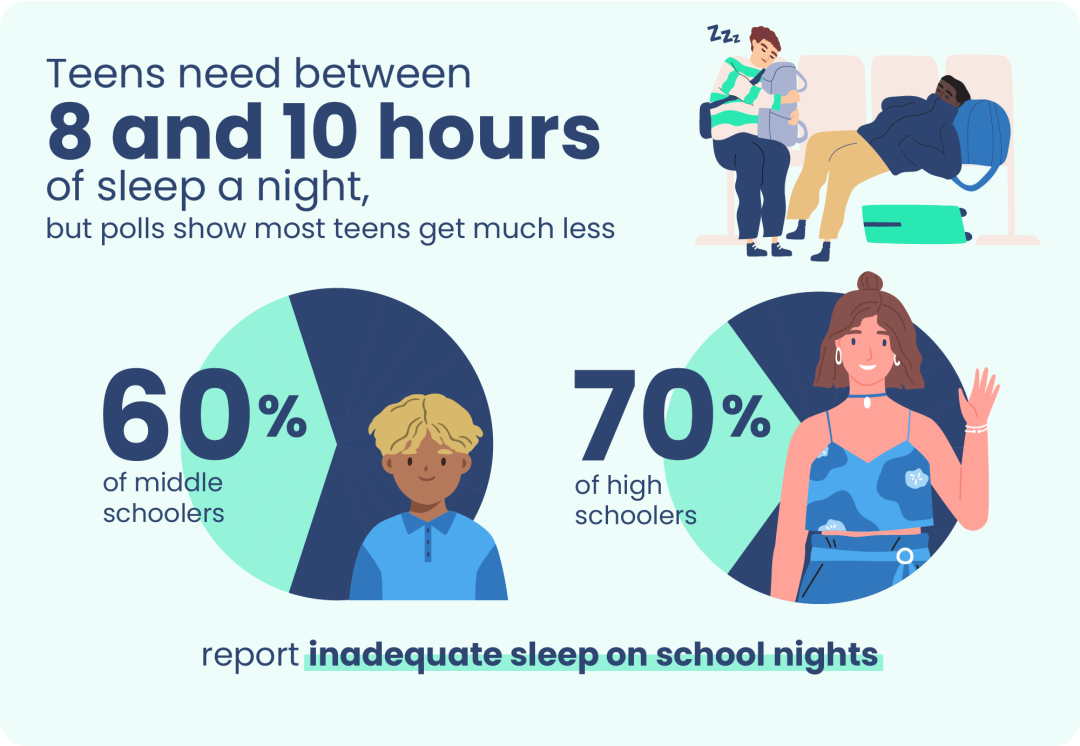
The importance of sleep was a recurring theme throughout her presentation. Dr. Sarah emphasized that sleep is essential for both physical and mental health, supporting growth, development, and cognitive function. She noted the adverse effects of sleep deprivation, such as poor academic performance, an increased risk of mood disorders, anxiety, and depression, as well as impaired cognitive abilities and focus.
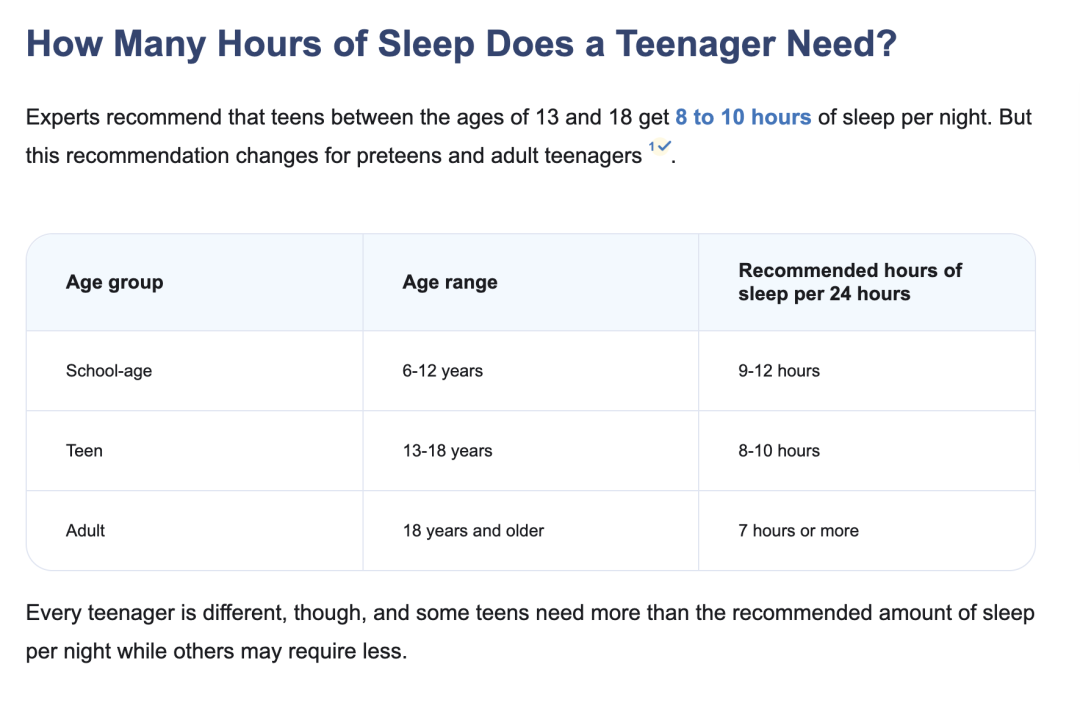
However, all hope is not lost. Dr. Sarah provided some practical tips for better sleep, encouraging students to maintain a consistent sleep schedule, limit screen time before bed, create a comfortable sleep environment, engage in physical activity during the day, and reduce caffeine intake.
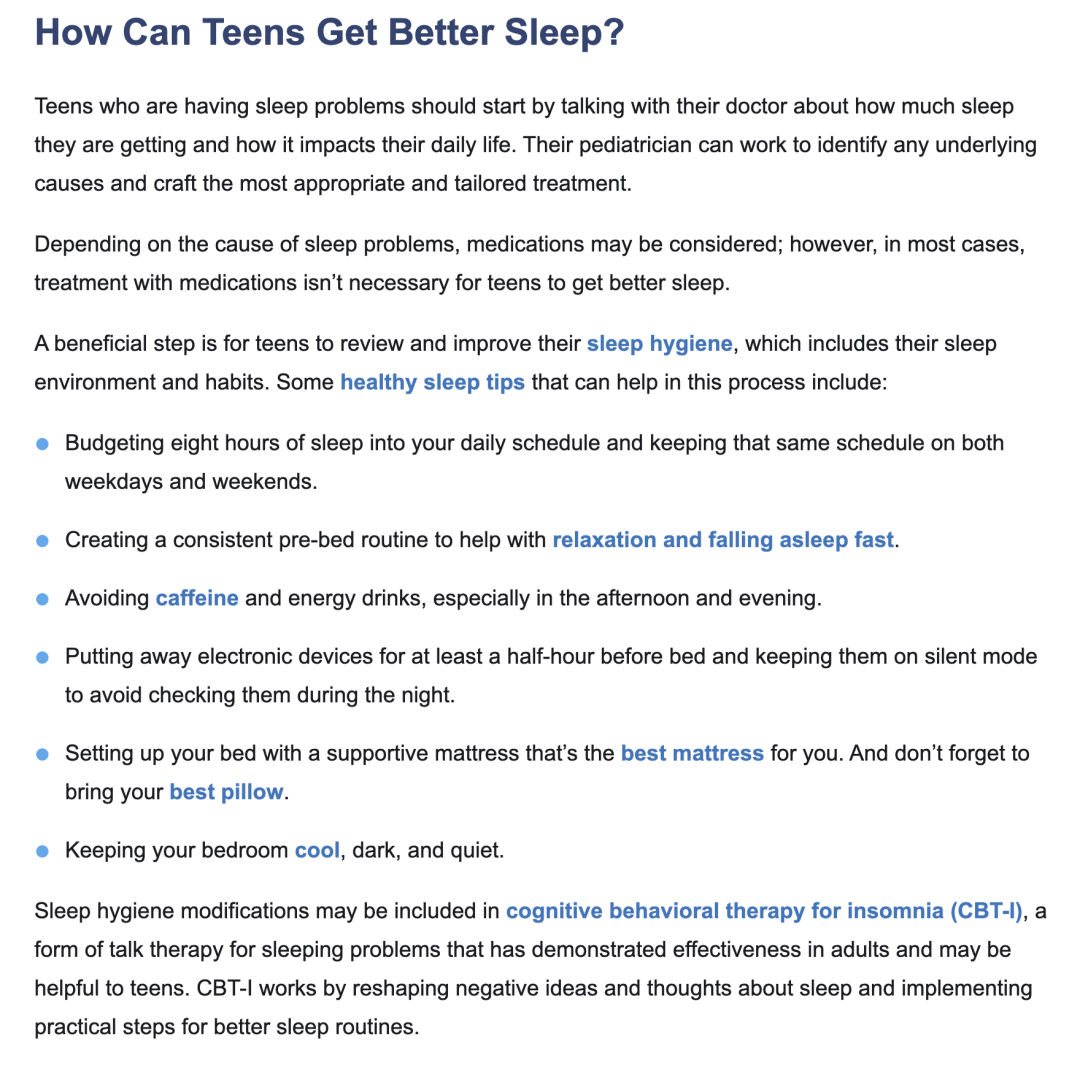
In conclusion, Dr. Sarah's presentation was both informative and enlightening, reminding us all of the significance of sleep in teenagers' lives. By adopting better sleep habits, students can improve their sleep quality, leading to better academics, behavior, and overall health.

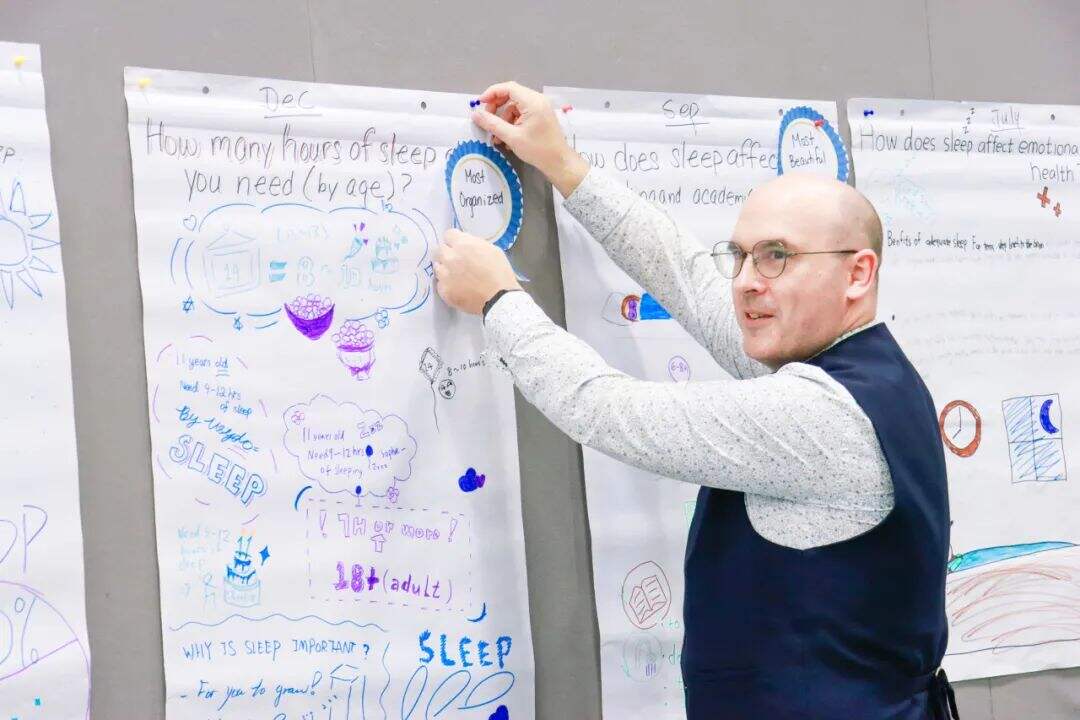

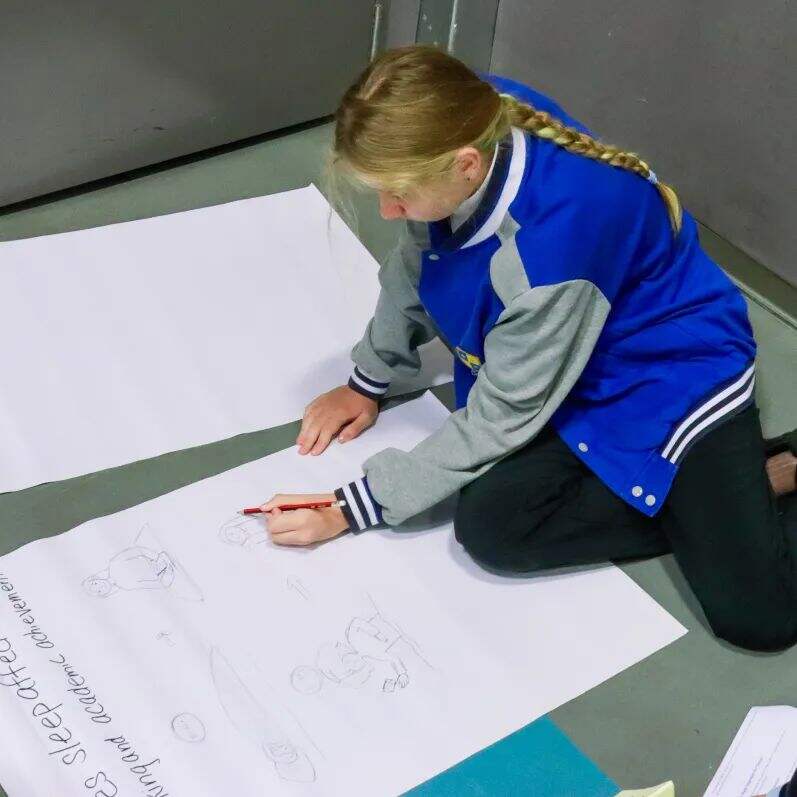

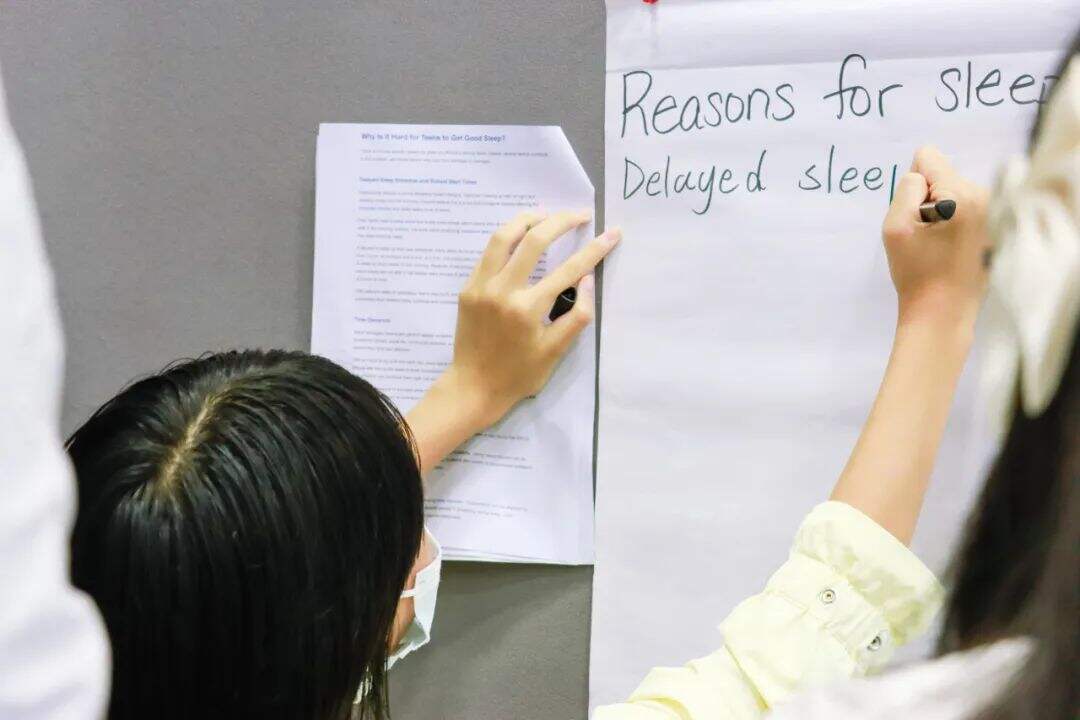

Related Articles







_1672195113746.png?x-oss-process=image/interlace,1/resize,m_lfit,w_1200/quality,q_80/format,webp)

_1672195136253.png?x-oss-process=image/interlace,1/resize,m_lfit,w_1200/quality,q_80/format,webp)






